Premium Only Content
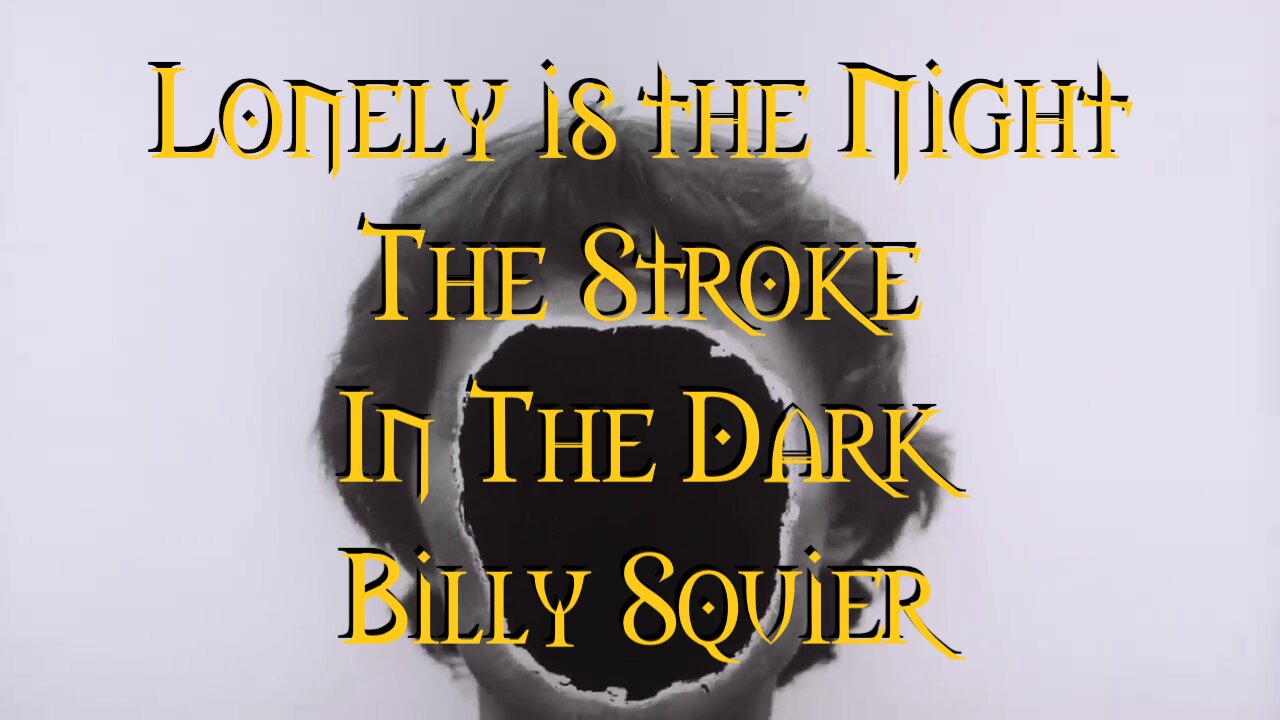
Lonely Is The Night The Stroke In The Dark Billy Squier
Billy Squier with his 1981 album release Don't Say No "In the Dark","The Stroke" and "Lonely Is the Night".
In a 1982 interview with Sounds magazine, Squier explained that he doesn't write songs when he's on the road, which keeps him away from topics like groupies and parties. Said Squier: "'Lonely Is The Night' for example is nothing to do with the fact that I'm in a rock band, but it does have to do with the fact that you can be by yourself in a room somewhere and not know what to do, be scared to death of having to go out and find something."
The Stroke sure seems to be about masturbation: "You put your right hand out give a firm handshake." But, according to Squier in an interview with VH1, the song is actually about the music business.
Squier admits a Queen influence in this song, and Queen's guitarist Brian May was at one point slated to produce the album. When May backed out because of scheduling conflicts, Reinhold Mack, who produced Queen's album The Game, stepped in. In a 1982 interview with Sounds magazine, he said: "I've listened to Queen ever since their first album, I've known them for ten years, and I think they're very innovative and done a lot of things that I like – in the same way that Led Zeppelin has. I don't think I'm making surrogate Queen music. I don't think their albums sound like my albums, I don't think the lyrics are the same, I don't think I write the same way. I think there are elements of similarity you could find in it to a certain extent. But I could probably do that with just about any band given enough time."
This was Squier's first hit, and it came when he was 31 years old and already a 12-year veteran of the music industry, which helps explain the song's meaning. He was in bands called The Sidewinders and Piper before releasing his first solo album, Tale of the Tape, in 1980. Don't Say No was his most successful album, selling over 3 million copies.
Squier released a radically different version of this song on his 1999 acoustic album Happy Blue.
According to Squier, the distinctive drum sound was created by recording the snare drum backwards and playing it just ahead of the real drum.
In the Dark appeared as the opening track of his Triple Platinum 1981 album Don't Say No, and was released as the second single from that album, following "The Stroke"
Record World called it "mass appeal sharp edged rock featuring a blockbuster hook and savage guitar outbursts."
The Village Voice magazine ranked the song at #6 on their list 20 Best Arena Rock Songs of All Time.
Squier played for two all-but-forgotten bands, the Sidewinders and Piper, during the 1970s before embarking on his much more successful solo career. (Piper's greatest claim to fame was as the opening act for KISS during that band's legendary 1977 tour.)
His first solo album, Tale Of The Tape, was a modest success but produced no hit singles. Its most noteworthy track is "The Big Beat," which became - and still remains - a popular choice for sampling by Hip-Hop and Rap artists.
Squier brought in Reinhold Mack, who had produced Queen's album The Game, to produce his follow-up album Don't Say No. This turned out to be his breakthrough release, producing US Top 40 hits "The Stroke" (#17) and "In The Dark" (#35), along with lesser hits "My Kinda Lover" and "Lonely Is The Night." All 4 of these still get considerable airplay on Classic Rock radio.
Squier's third solo album, Emotions In Motion, produced another US Top 40 hit, "Everybody Wants You" (#32). The title track, which featured Queen frontman Freddie Mercury on backing vocals, was also a minor hit. In 1983 Squier began his first American headline tour to promote the album - only to be upstaged by his opening act, Def Leppard, who had just broken through in the US.
His fourth album, 1984's Signs Of Life, produced his biggest - and last - US Top 40 hit single "Rock Me Tonite" (#15). The video for this featured a bizarre, somewhat effeminate performance by Squier, at odds with the hard-rock image he had cultivated over the years. He may have been trying to parody Jennifer Beals' dancing performance from the previous year's movie Flashdance, but his mystified fans didn't get the joke, and as a result this video is widely considered Squier's act of "jumping the shark." His biggest hit since that video debacle was "Don't Say You Love Me," which only managed to reach #58 US in 1989. Squier has performed and recorded sporadically in the years since then, including in 2006 as a member of Ringo Starr & His All-Starr Band.
-
 13:00
13:00
Psychological operations
6 days agoJason Voorhees The Knife Deathshot The Chuck Norris Experiment
42 -
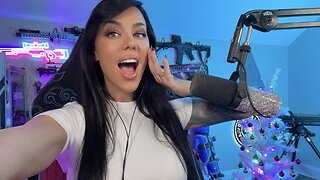 LIVE
LIVE
Alex Zedra
3 hours agoLIVE! New Game | Nuclear Nightmare
1,289 watching -
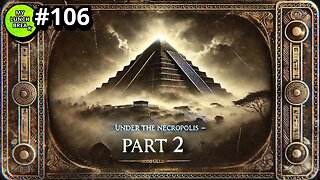 25:08
25:08
MYLUNCHBREAK CHANNEL PAGE
1 day agoUnder The Necropolis - Pt 2
94.8K42 -
 1:45:59
1:45:59
Spittin' Chiclets
1 day agoCanadian Chokejob - Game Notes Live From Chicago - 12.28.2024
157K28 -
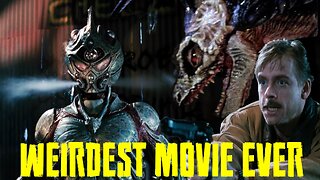 9:18
9:18
Space Ice
12 hours agoThe Guyver - Alien Bug Suits, Exploding Dragons, & Mark Hamill - Weirdest Movie Ever
59.5K19 -
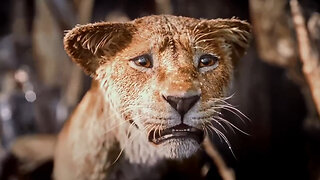 12:46
12:46
RealReaper
1 day ago $5.04 earnedMufasa is a Soulless Cash Grab
52.3K5 -
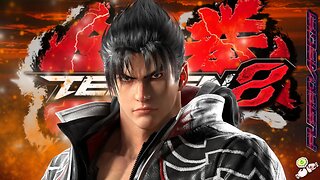 5:14:24
5:14:24
FusedAegisTV
13 hours agoWelcome to The King of Iron Fist Tournament! \\ TEKKEN 8 Stream #1
88.8K1 -
 DVR
DVR
Bannons War Room
1 year agoWarRoom Live
101M -
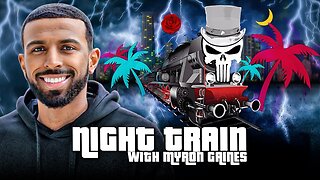 5:42:36
5:42:36
FreshandFit
18 hours agoLive X Censorship For Opposing Immigration?!
197K104 -
 1:08:16
1:08:16
Tactical Advisor
14 hours agoNEW Budget Glocks | Vault Room Live Stream 011
95.9K9